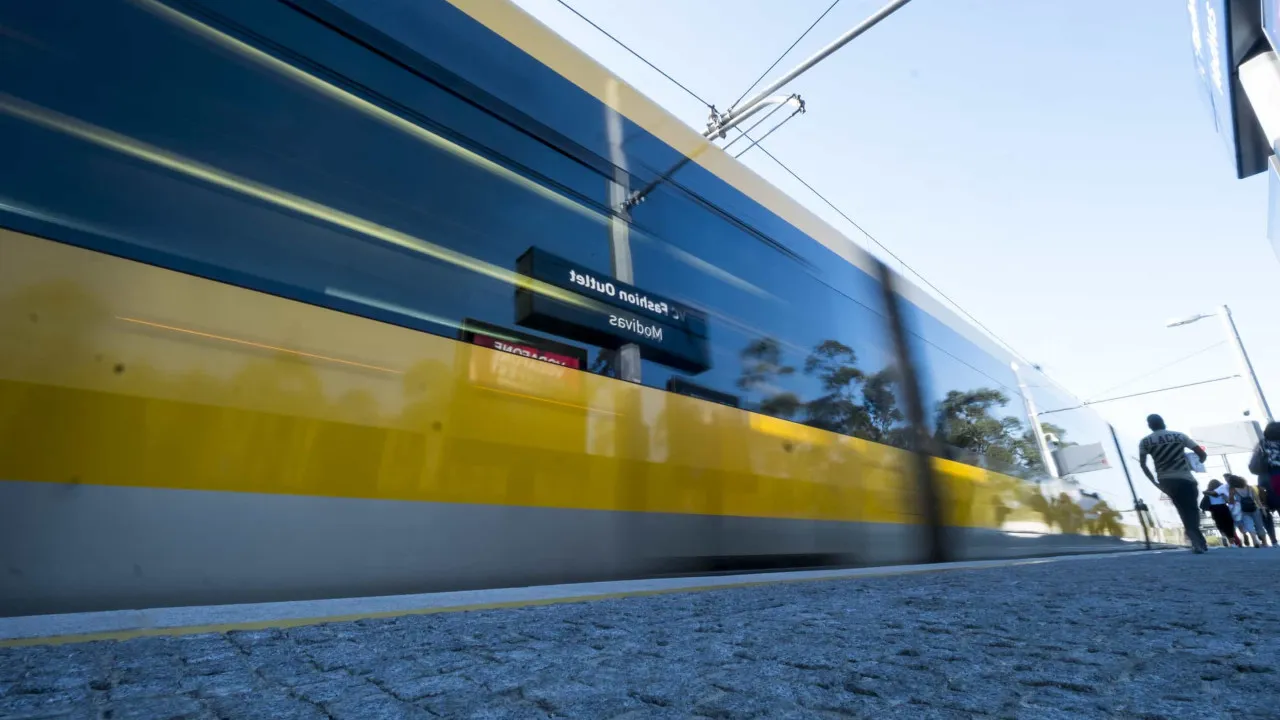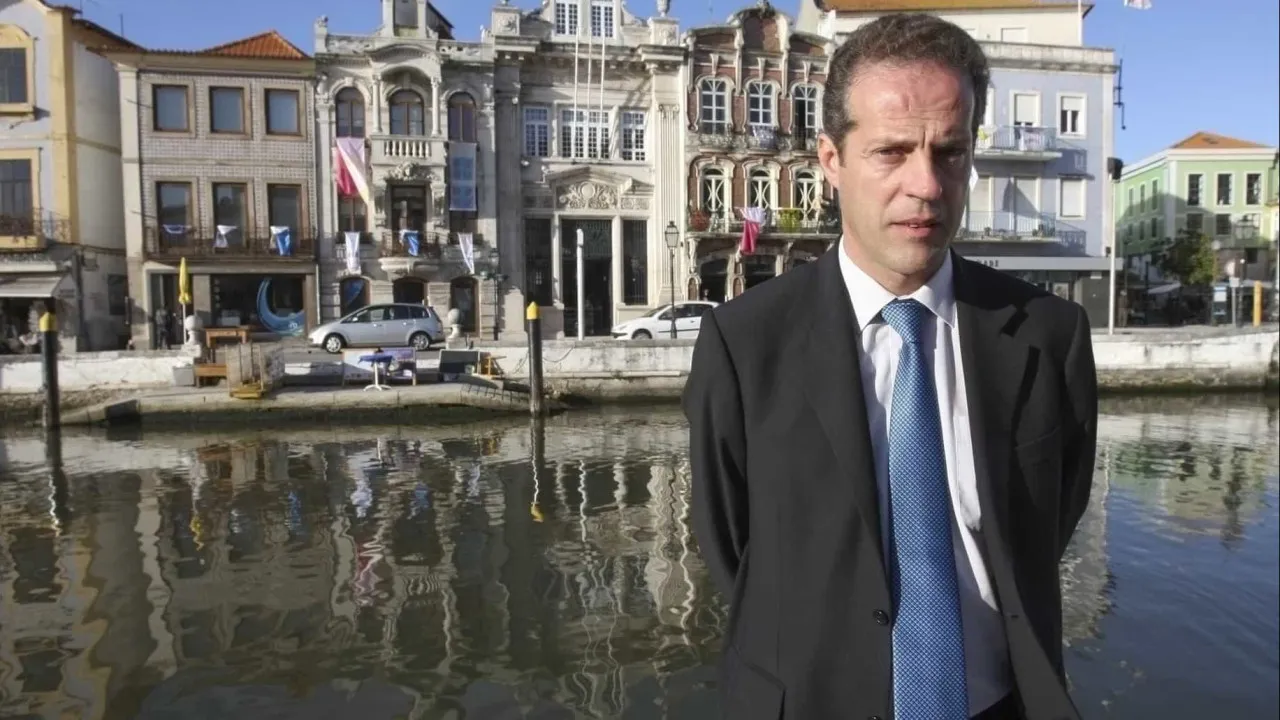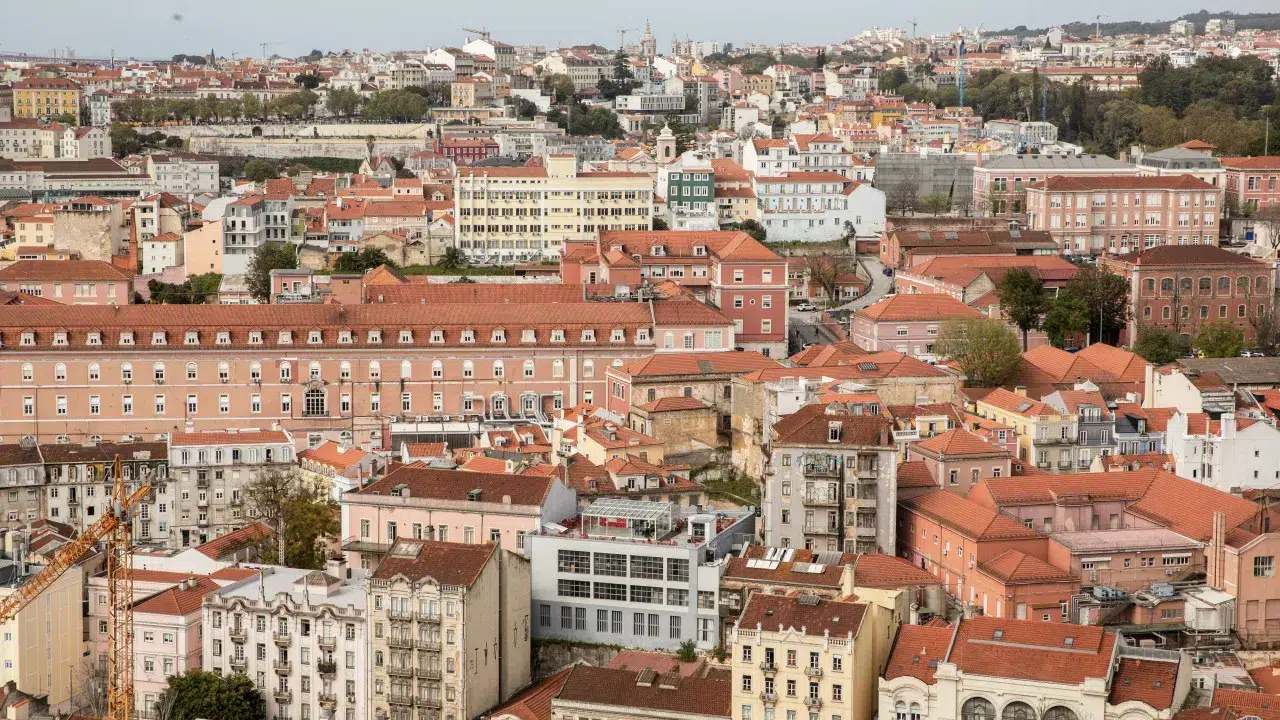
The Metro do Porto has announced measures to mitigate noise during the construction of the Rubi Line, despite a government order exempting the project from general noise regulation limits. This comes following a decree published in the Diário da República, which allows for such exemptions for transport infrastructure projects deemed of public interest.
The company stated its commitment to implementing measures to reduce noise, including a continuous noise monitoring program and the use of acoustic barriers, rock wool, and silencers on air blowers. Additionally, the Metro do Porto has been optimizing vehicle circulation, particularly at night, and maintaining close communication with local residents about the construction’s goals and timelines.
The exemption relates to a special noise license allowing a 60 dB(A) noise level during the evening and 55 dB(A) at night. Such limits can be waived for projects with recognized public interest, as noted in the published document.
Environmental impact studies conducted throughout 2023 have outlined necessary measures, which will be reviewed and updated in response to any project changes. The Rubi Line, stretching for 6.4 kilometers, will feature eight stations and a new bridge over the Douro, dedicated solely to metro, pedestrian, and bicycle traffic.
Stations in Gaia include Santo Ovídio, Soares dos Reis, Devesas, Rotunda, Candal, and Arrábida, and in Porto, Campo Alegre and Casa da Música. The project is slated for completion by the end of 2026, though the new bridge may not be finished until 2027. The total cost is projected at 487.9 million euros, funded by the Recovery and Resilience Plan and the State Budget.




